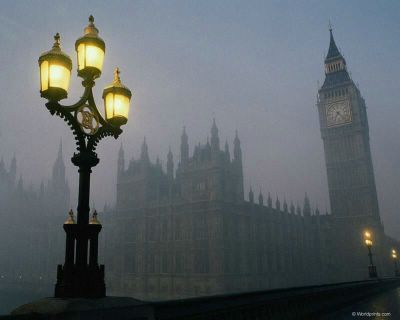Sorry that there will be a bit of a hiatus during my absence in 'foreign parts' for the next 10 weeks. I will try to post on occasion, but without regular access to a computer this might prove difficult.
Roger R.
"Susan, Eve's Daughter," said Father Christmas.

"Susan, Eve's Daughter," said Father Christmas. "These are for you," and he handed her a bow and a quiver full of arrows and a little ivory horn. "You must use the bow only in great need," he said, "for I do not mean you to fight in the battle. It does not easily miss. And when you put this horn to your lips; and blow it, then, wherever you are, I think help of some kind will come to you."
Last of all he said, "Lucy, Eve's Daughter," and Lucy came forward. He gave her a little bottle of what looked like glass (but people said afterwards that it was made of diamond) and a small dagger. "In this bottle," he said, "there is cordial made of the juice of one of the fireflowers that grow in the mountains of the sun. If you or any of your friends is hurt, a few drops of this restore them. And the dagger is to defend yourse at great need. For you also are not to be in battle."
"Why, sir?" said Lucy. "I think - I don't know but I think I could be brave enough."
"That is not the point," he said. "But battles are ugly when women fight."
C.S. Lewis, The Lion, the Witch and the Wardrobe, (1950)

All Hallows Eve

Lester looked round her. She saw the stars; she saw the lights; she saw dim shapes of houses and trees in a landscape which was less familiar through being so familiar. She could not even yet manage to enunciate to her companion the word death. The landscape of death lay round them; the future of death awaited them. Let them go to it; let them do something. She thought of her own flat and of Richard-no. She did not wish to take this other Evelyn there; besides, she herself would be, if anything at all, only a dim shadow to Richard, a hallucination or a troubling apparition. She could not bear that, if it could be avoided; she could not bear to be only a terrifying dream. No; they must go elsewhere. She wondered if Evelyn felt in the same way about her own home. She knew that Evelyn had continuously snubbed and suppressed her mother, with whom she lived; once or twice she had herself meant to say something, if only out of an indifferent superiority. But the indifference had beaten the superiority. It was now for Evelyn to choose. She said: "Shall we go to your place?"
Evelyn said shrilly: "No; no. I won't see Mother. I hate Mother."
Lester shrugged. One way and another, they did seem to be rather vagrants, unfortunate and helpless creatures, with no purpose and no use. She said: "Well . . . let's go." Evelyn looked up at her. Lester, with an effort at companionship, tried to smile at her. She did not very well succeed, but at least Evelyn, slowly and reluctantly, got to her feet. The lights in the houses had gone out, but a faint clarity was in the air -perhaps (though it had come quickly) the first suggestion of the day. Lester knew exactly what she had better do, and with an effort she did it. She took Evelyn's arm. The two dead girls went together slowly out of the Park.
Charles Williams : All Hallows Eve (Last paragraphs of Chapter 1 - The New Life)

I am sure...

... that some are born to write as trees are born to bear leaves: for these, writing is a necessary mode of their own development. If the impulse to write survives the hope of success, then one is among these. If not, then the impulse was at best only pardonable vanity, and it will certainly disappear when the hope is withdrawn.
C.S. Lewis to Arthur Greeves
The Letters of C.S. Lewis, (28 August 1930)

Subscribe to:
Comments (Atom)


